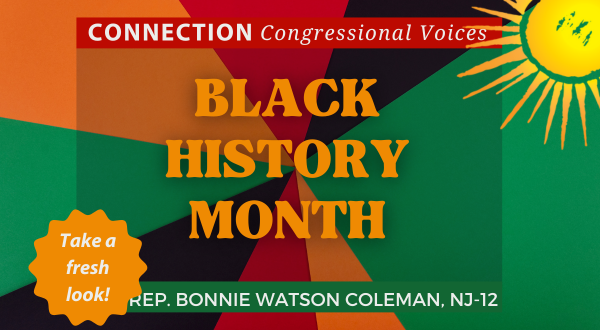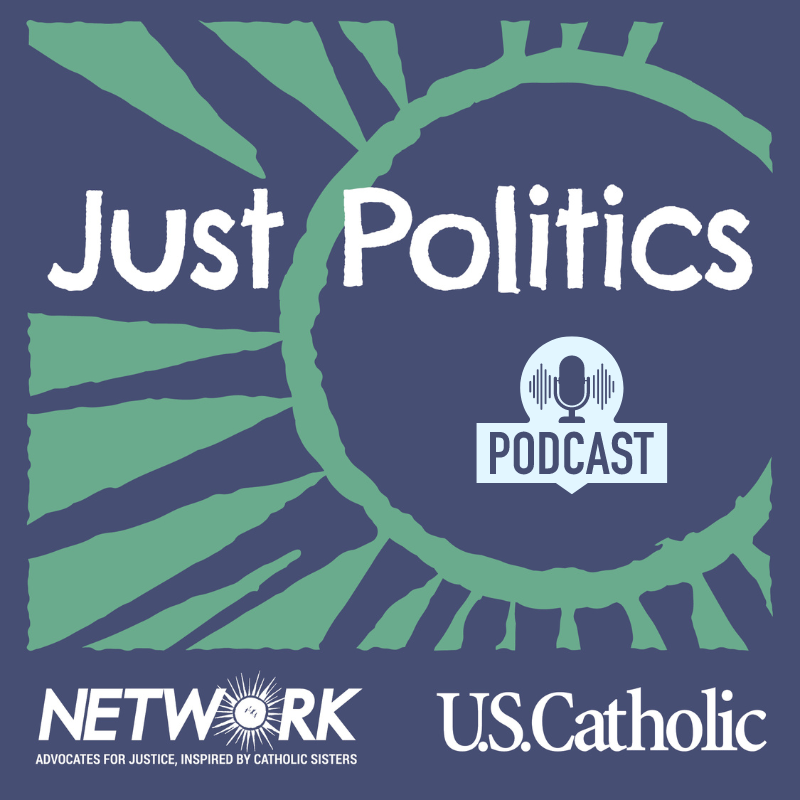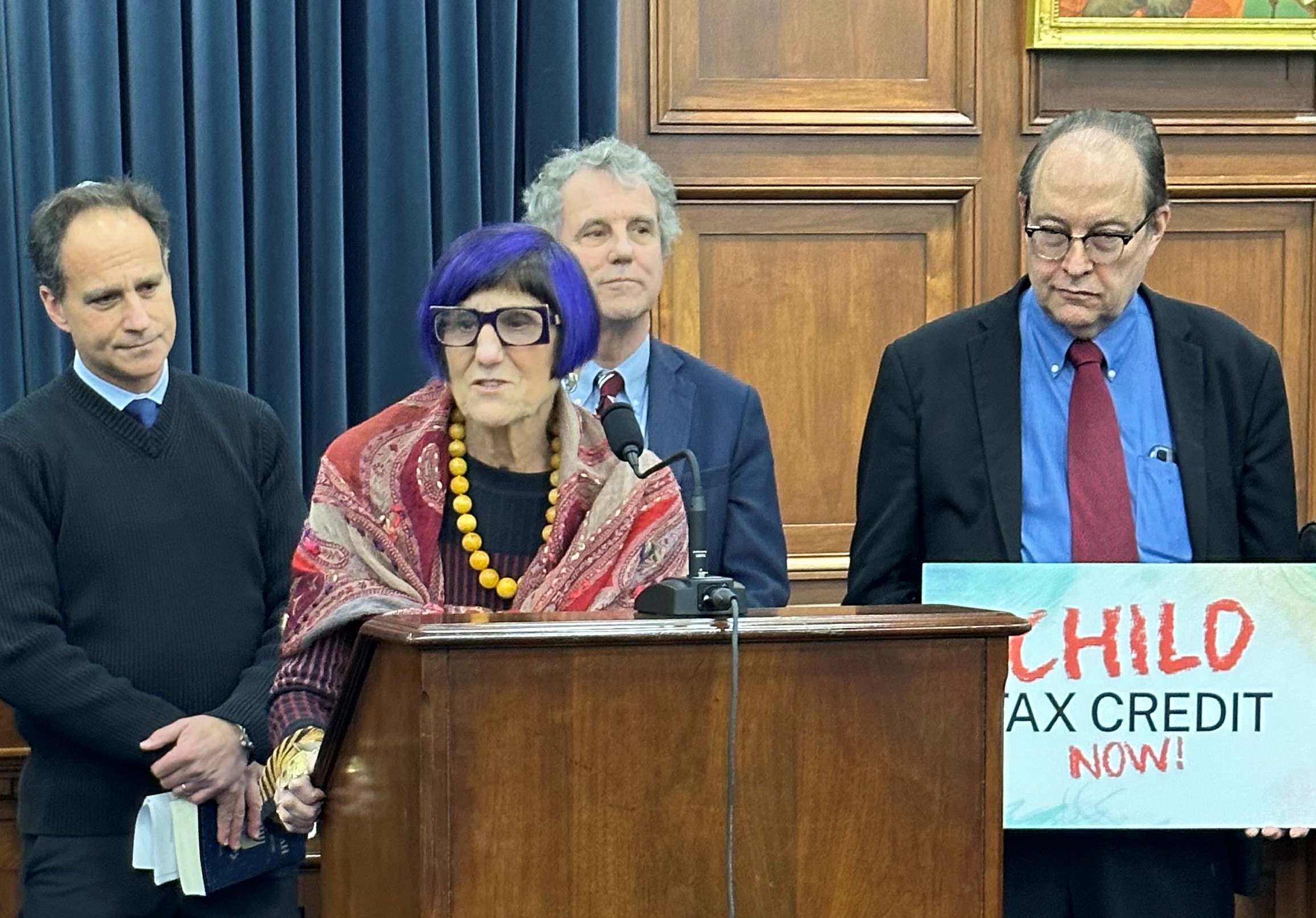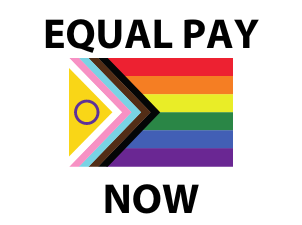
INCOME
All work has dignity and all have a right to meaningful work. Federal legislation should progress from adjusting a minimum wage to creating a living wage.
Our Position
Supporting a living wage is one of the most effective ways we can uphold the dignity of work. Catholic Social Justice teaches that work is more than a way to make a living; it is a form of continuing participation in God’s creation. Because all work has value, all workers must be properly compensated. We support an economy that puts people, not profit, at the center, where every person can find a job that provides for their family.
Respecting the dignity of work, NETWORK calls for all workers to be paid a living wage that enables them to meet their needs with one job and reasonable hours. The minimum wage is only a first step; we must have living wages.
NETWORK Advocates for Federal Policies That:
Establish a living wage for all workers.
Our nation’s current minimum wage is too low. A worker making minimum wage ($7.25 per hour) working 40 hours a week and 52 weeks a year would receive a pre-tax salary of $15,080. In 2019, the federal poverty threshold for a single person was $12,490 per year, and for a family of four it was $25,750. For workers who receive tips, including restaurant staff and hotel housekeepers, the minimum wage has been locked in at $2.13 since 1991. The current minimum wage leaves families in poverty, even when working full time or multiple jobs.
Establishing living wage is integral to our understanding of work. Living wages ensure workers can care for themselves and their families and meet their housing, nutrition, health, and other needs regardless of where they live. Wages must allow a worker to meet the economic needs of themselves and their families. A crucial step in achieving a living wage is increasing our current minimum wage and indexing improvements to inflation.
Require employers to pay equitable wages and provide safe, healthy, and humanizing working conditions for all workers.
Exploitation of workers through wage theft, gender discrimination, and other unjust practices are commonplace, particularly among undocumented workers and people of color.
NETWORK continues to call for workplace policies, employment practices, and compensation that treat women and other vulnerable workers fairly. Unions are one of the most effective ways to ensure workplaces and employers are accountable to their employees. Collective bargaining allows workers to organize for better conditions. Employers must also be held accountable for abiding by employment health and safety standards as well as Americans with Disabilities Act (ADA) standards.
Pursue full employment.
Full employment is the foundation of a just economy. It benefits society, as well as individual workers. As people are engaged in meaningful work, they are better able to contribute to the common good. With full-time work at a living wage, workers contribute to local, state, and federal revenue streams by paying their fair share of taxes and patronizing local businesses.
Lack of job openings and existing requirements to provide benefits, like health care, to employees working over a certain amount of hours, lead to underemployment of many workers who are interested and able to work a full day. Employers must prioritize job creation, with just compensation and benefits.
















